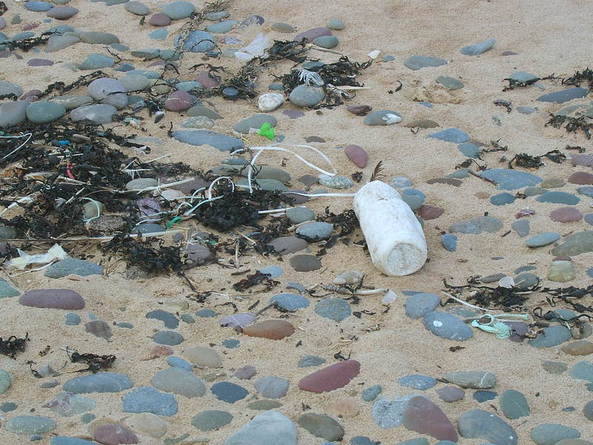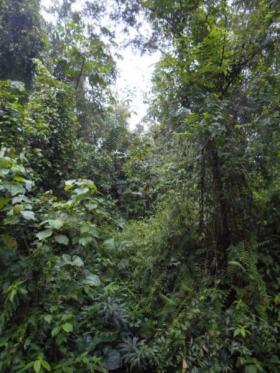Ocean conservation hits the spotlight
Posted on
|
This is an important week for all of us. From 5th to 9th June in New York, the United Nations is holding its first ever high level meeting specifically to address ocean conservation. Key discussions will take place about targets to:
It's about time. There’s always a lot of talk about preserving the rainforests on our planet and very little about ocean conservation. This must mean marine conservationists feel they are banging their heads against a brick wall. To make matters worse, many people are very disconnected to ocean life. A day at the seaside means ice-creams, sun tan lotion, swimming, trying to get all the sand out of your gear before you lug it back into your car again, lying lazily in the sun, going for a paddle, splashing about in the water, surfboarding in the sea, playing games and trying to top up your tan without ending up looking like the person a few metres away from you who is as red as a tomato. We may fleetingly look out over the ocean so blue, and wonder what lies beyond; and equally feel quite powerless when we see this huge chunk of water drifting in and out before us. We may be indifferent to its state - what does it matter what state the ocean is in? So long as the coastline is clear for us to swim in and paddle about in, that’s fair enough. We’ve got tuna sandwiches, the tuna having been bought from a kiosk or the supermarket, and we’re enjoying ourselves – never mind how it was caught or where it came from, or what the fish itself had eaten before it was caught. And in any case, what can we personally do to make a difference? We may feel that on our own, we’re all too powerless to make a difference. However.... We do however want to be sure that when we go to the beach to enjoy the sea air and the sea itself, to meet friends, to spend family time together, we don’t want to find ourselves sitting in the middle of a rubbish dump. We don’t want to spend ages looking for a spot on the beach that’s rubbish-free – forgetting what could be under the sand. We don’t want the food we put into our bodies to contain tiny bits of plastic that the fish we’re eating swallowed before we did. We don’t want to sit next to other people’s wet-wipes they used in the bathroom which have ended up in our sewage systems, or discover we’ve put our picnic stuff on someone’s toothbrush, cigarette lighter or the cotton wool bud they used to clean out their ears before chucking it away. |
|
Our wildlife and marine life need a healthy environment in which to thrive, not survive. We need a healthy, thriving marine life and ocean if we’re to thrive, as well. There are lots of good things happening around the world and I hope to bring news of more of them regularly. The United Nations and governments around the world can have their own discussions but that’s not enough. There are 7 billion of us on this planet. If 1,000 people in Mumbai in India can clear a beach of its rubbish bit by bit in 85 months, imagine what 10 of us could do on a small beach somewhere else. The more of us who get stuck in, whether we act on our own, or join others who want to make a difference, the better. One person taking one action and telling another about it can spiral a chain reaction and inspire others to do the same as well. There is a LOT going on and tons of local initiatives and events happening on the coastlines around the world which really are making a difference. |
Ocean Info
Oceans cover over 70% of the earth’s surface. Oceans provide about 99% of our planet’s living space Oceans absorb just over 25% of the carbon dioxide we produce every year Over 90% of the enhanced heating from the greenhouse effect & other human activities are absorbed by our oceans Two thirds of the oceans are beyond national jurisdiction |
|
Care for the ocean, and you care for you You’ll probably have heard the phrase, “You can’t eat an elephant in one bite”. It’s essentially saying that the task of eating an elephant is so enormous that it’s only by breaking job down into small pieces that you can tackle it, piece by piece. Caring for our ocean and conserving it needs the same approach. We all need to break down caring for the ocean into lots of bits, so lots of people are doing their bits and helping out. There are two key actions we can all take: |
| Stop producing the rubbish in the first place |
One person taking one action and telling another about it can spiral a chain reaction and inspire others to do the same as well. There is a LOT going on and tons of local initiatives and events happening on the coastlines around the world which really are making a difference.

